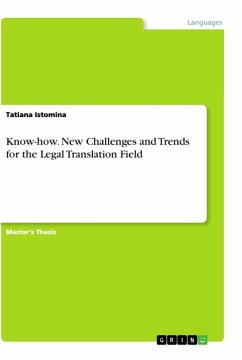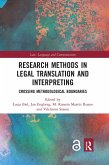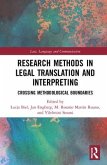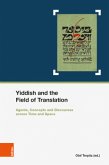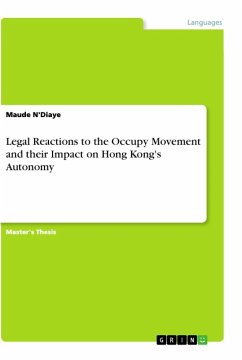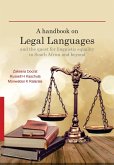Master's Thesis from the year 2019 in the subject Interpreting / Translating , grade: 2,0, University of Portsmouth (School of Languages and Applied Linguistics), course: MA Translation Studies, language: English, abstract: This study aims to determine what the main contemporary challenges in the legal translation field are and how future trends will shape the future of the legal translation market.Know-how are continually transforming the world and global markets, including the legal market and legal translation market. Research has shown an increased interest both from academics and market players, yet the absence of a realistic overview of the current and future impact of know-how on both markets. Building on results of recent conferences in Germany 2019, academic works and talks to different experts, this study further summarizes existing strategies on how to address the major changes in order to survive and thrive in the legal translation market in the future. Based on the reverse engineering method and analytic and systematic approaches, the possible interactions between complex systems such as new technologies were studied from a global perspective, so that realistic future trends were presented based on dynamic simulations of these systems.The results confirm the hypothesis that the development of know-how implies the radical transformation, e.g. the entire business model for delivery services, which will involve outcome-based strategies and empowering human resources as enablers of technology. On this basis, it is recommended that legal translators should take strategic decisions on how to adapt to new industry realities and necessary market transformations. For that reason, three main strategies were presented addressing the most recent challenges such as artificial intelligence, machine translation and data strategy.The results of this study mostly address German legal market and German legal translation market but can be used for further research in order to identify other strategies or strengthen the effectiveness of these strategies in other countries.
Bitte wählen Sie Ihr Anliegen aus.
Rechnungen
Retourenschein anfordern
Bestellstatus
Storno

